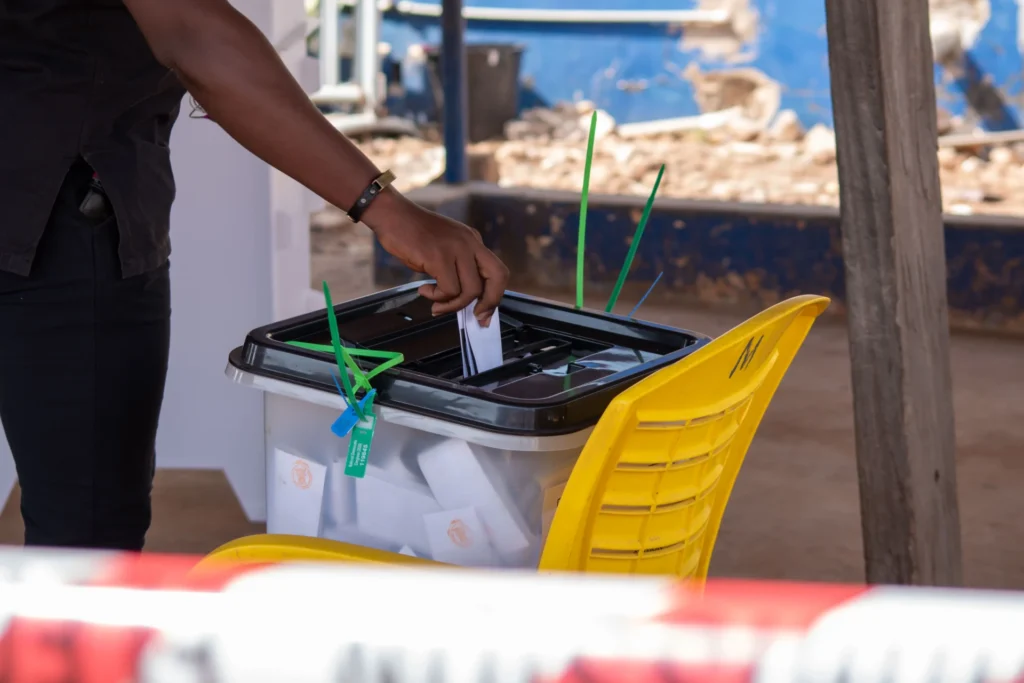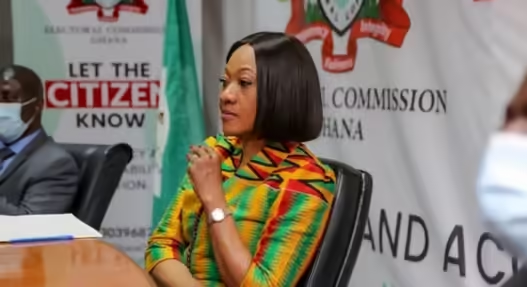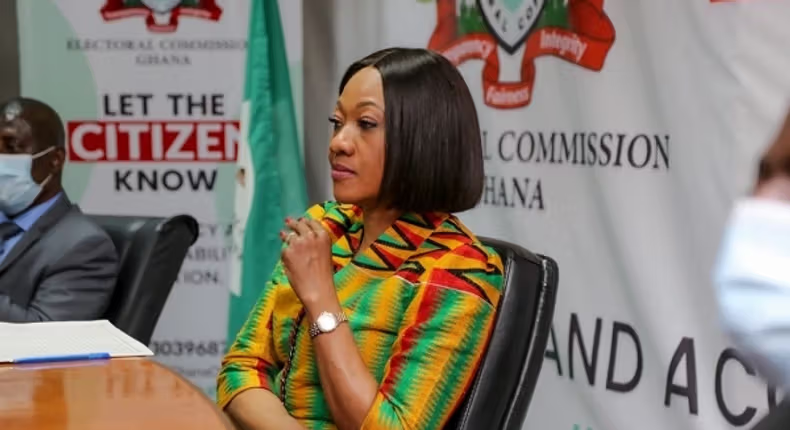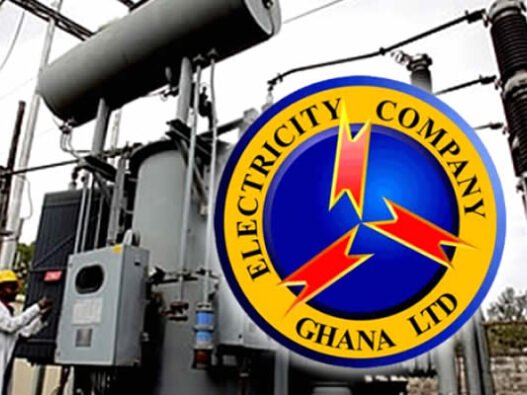As the countdown to the 2024 elections in Ghana heats up, the Electoral Commission (EC) has rolled out a series of new regulations that have sparked heated debate. The most controversial of these is the strict rule: No Voter ID, No Voting. The EC insists that only individuals with a valid Ghana Card will be able to register for their voter ID, which will be the sole document for casting a ballot. With many, particularly the youth and first-time voters, still without their Ghana Cards, the big question is whether this policy will lead to mass disenfranchisement or if it’s a necessary move to sanitize the electoral process.

The EC’s Stand: Streamlining the Voting Process
The EC’s decision to link voter registration to the Ghana Card is rooted in its mission to prevent voter fraud and enhance the integrity of the electoral roll. According to the EC, the Ghana Card provides a more robust and accurate system for identifying legitimate voters. Jean Mensa, the EC Chairperson, has emphasized that this step will reduce the chances of multiple registrations and make the election more credible. But is the country truly ready for this system?
Challenges Facing First-Time Voters and Youth
One of the biggest concerns with this new rule is the impact it may have on first-time voters, the majority of whom are young people. Ghana’s youthful population is expected to play a critical role in the 2024 elections, and many young citizens, who have turned 18 since the last election, are eager to exercise their right to vote. However, the National Identification Authority (NIA) has faced significant delays in issuing Ghana Cards, particularly in rural areas and less developed regions.
As of mid-2024, approximately 2.5 million Ghanaians still do not have their Ghana Cards. A significant number of these individuals are in the 18-24 age bracket, raising fears that the stringent rule may prevent a considerable portion of the youth from voting.
Voter Registration Hurdles: Rural vs Urban Divide
The registration process for the Ghana Card has been unevenly distributed across the country, with urban areas seeing faster processing times compared to rural regions. Many rural dwellers have limited access to registration centers, and issues such as poor road infrastructure and the distance to urban centers have compounded the problem. The EC has acknowledged these challenges but insists that the benefits of using the Ghana Card outweigh the drawbacks.
However, critics argue that the ruling party could exploit these logistical issues to its advantage, sidelining certain voter demographics—a situation some have labeled as part of a potential “Agenda 2024”.
The Politics of the Ghana Card Requirement
With the 2024 elections shaping up to be one of the most competitive in Ghana’s history, the introduction of this policy has stirred controversy. Opponents of the ruling government have raised concerns that the requirement for the Ghana Card could be a deliberate ploy to disenfranchise certain voters, especially those in opposition strongholds or areas where voter registration processes have been slower.
On social media, the term “Agenda 2024” has gained traction, with people speculating that the strict voter ID requirement is part of a larger strategy to influence the outcome of the upcoming elections in favor of the incumbent.
Will the EC Be Ready by December 2024?
The EC has consistently reassured the public that it is prepared to handle the upcoming elections despite the challenges. However, as we inch closer to December 2024, questions remain about whether the NIA will be able to issue all the pending Ghana Cards in time, and whether voter registration centers will be adequately prepared to process all the potential new registrants.
While the intention behind the No Voter ID, No Voting policy may be well-meaning, there is growing concern that it could inadvertently lead to disenfranchisement, particularly among the youth and rural voters.

What’s Next?
The fate of this policy, and the potential impact it could have on the upcoming election, will continue to dominate discussions in the coming months. Will the EC find a solution that balances electoral integrity with inclusivity, or are we heading for one of the most divisive elections in Ghana’s history?





















